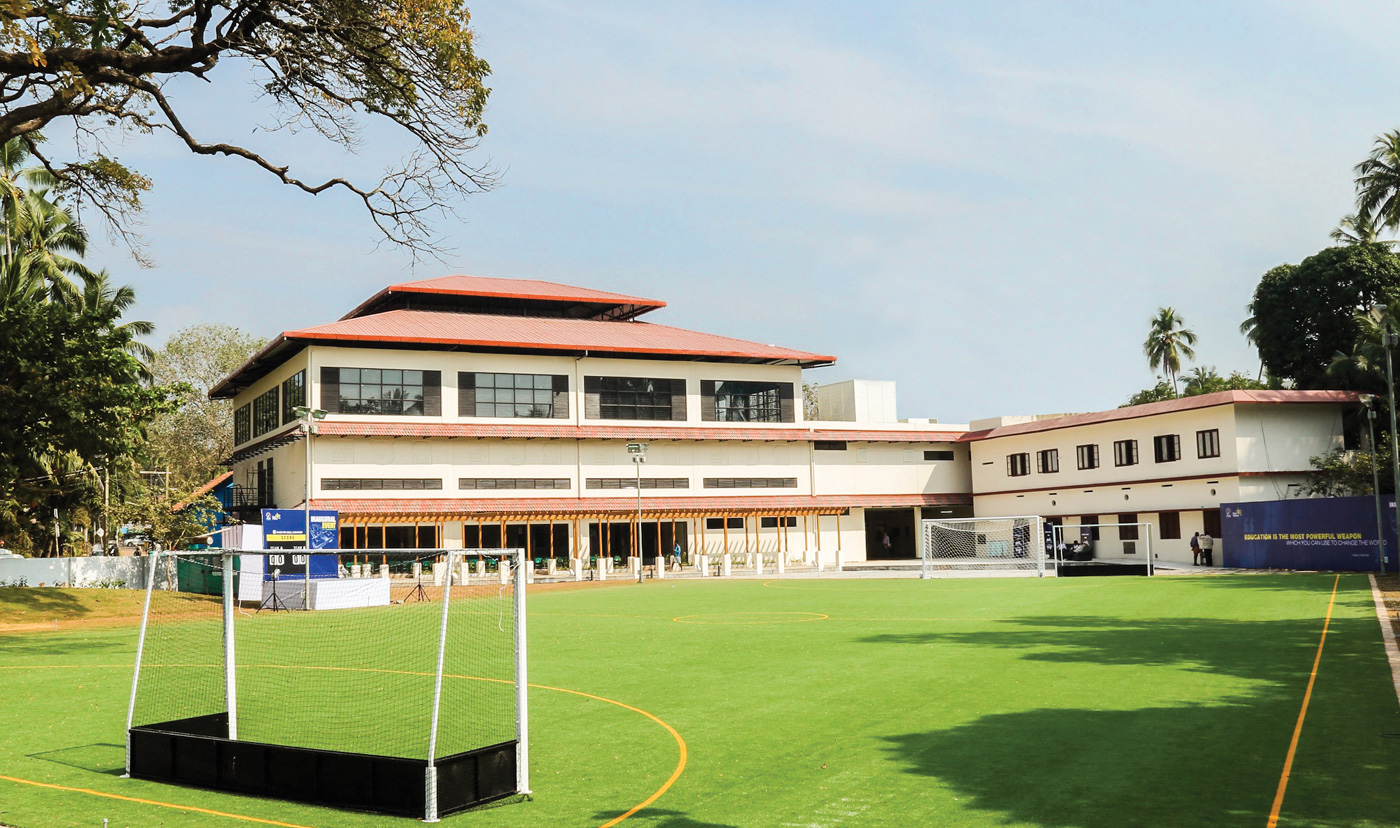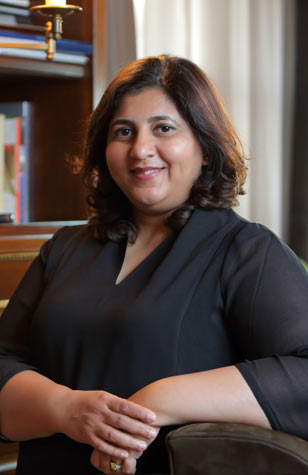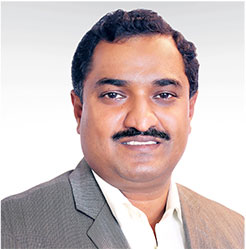An old, dilapidated building, with brick walls and minimal essential furniture, facilities and unkept toilets. A chorus of resonating repetitions. A playground with broken or no equipment and unkempt children running around, kicking up clouds of dust, which almost never settles during the entire school day. This is the image that comes to most of our minds when we think of a government school.
In a country where a majority of children attend school, this rather dismal image presents disappointing outcomes. A staggering 90 percent of India’s young students rely on government educational facilities. Due to poor financial support, these schools struggle to remain open, let alone renovate or update their facilities to match the number of students. Apart from the lack of resources, teachers’ who have come through the Public Service Commissions’ selection processes struggle to work with the inept system. While most teachers join with great enthusiasm, they, unfortunately, become part of the dismal system over time, eventually leading to growing dropout rates, and ultimately causing the high illiteracy rate in our country.
Education is expected to be emancipating; it is the road that leads children to discover their full potential in life. A good education system relies on three key focus areas, namely, the facilities, the teachers and the students themselves. Supporting strategic time and efforts (including money) into government schools is a thoughtful way to give back to our country as it helps create a sustainable society.
We, at the Faizal and Shabana Foundation, witnessed the transformative power of changing the skyline of education first hand when we became part of the PRISM (Promoting Regional Schools to International Standards through Multiple Interventions) Project at the Government Vocational Higher Secondary School for girls in Nadakkavu in Kozhikode, Kerala.
Through offsite manufacturing technology, this 120-year- old school underwent a complete transformation in just 10-months with the first phase completed during the summer break of just 95 days. A comprehensive structural revamp of the school building changed the entire look and feel of the premises, with new classrooms, toilets, science and computer labs, indoor gymnasium, an AstroTurf stadium for football and hockey and an industrial kitchen and dining hall. But, the efforts didn’t just stop there, continued monitoring of the school's performance with yearly metrics, against set goals ensures continued results and improvement. The results have already indicated a threefold increase in student performance. Now, for each vacant seat in GVHSS Nadakkavu, the school receives a minimum of three applications.
Teaching is perhaps a job that is taken for granted by many. But the truth is, teachers are the managers of the country’s most significant resource – our children. They need to be empowered and equipped to handle the Herculean task of educating India’s future. Regular training sessions help teachers improve their skills and expertise. At the GVHSS Nadakkavu School, special training programs are conducted for the faculty, by IIM Kozhikode, Ruth Corn Institute-India, and other educational experts. During the sessions teachers are engaged actively in skill- building exercises and inward-looking retrospection processes to relook and relearn how to become a more holistic teacher, thereby helping the children to be better learners.
All these efforts have resulted in an unparalleled transformation of the students. Their confidence improved and they believed in themselves more, education was no longer just a formality to complete. Today each student has big ambitions and dreams and an understanding that they need to do what they love and are good at so that they can help others in a better way.
The GVHSS Nadakkavu School is today amongst the top 3 government schools in India. The school's success story has inspired the Government of Kerala to take up Mission 1000, under which 1000 other schools in the state are being redeveloped as per the Faizal and Shabana Foundation Nadakkavu model. The 1000 eligible schools, selected through a meticulous process, will undergo a total revamp of the infrastructure, amenities and operations to provide state of the art facilities and upgrade the overall quality of the education provided. We aim to bring international level education to 2,000,000 children by 2020 and make a difference in the lives of over 1 million families. This will positively impact the students and their families, and also go a long way to transform our communities and in turn, our country.
The answer for a better tomorrow for our nation lies in appropriate and sustainable social development. While social development could mean a whole lot of things like health, environment and security, its foundation is firmly based on learning which gets initiated in education. We cannot make remarkable progress if we don't change at the grassroots. Our education system must be modified to keep up with the advancement of time and be more student-centric than syllabus centric. After all, we don’t light lamps to hide them, but instead to brighten our worlds.




